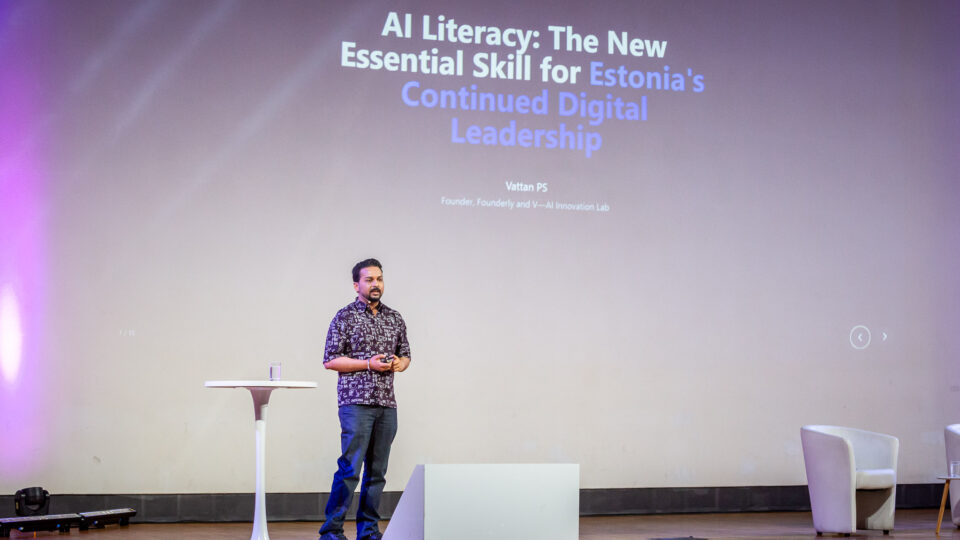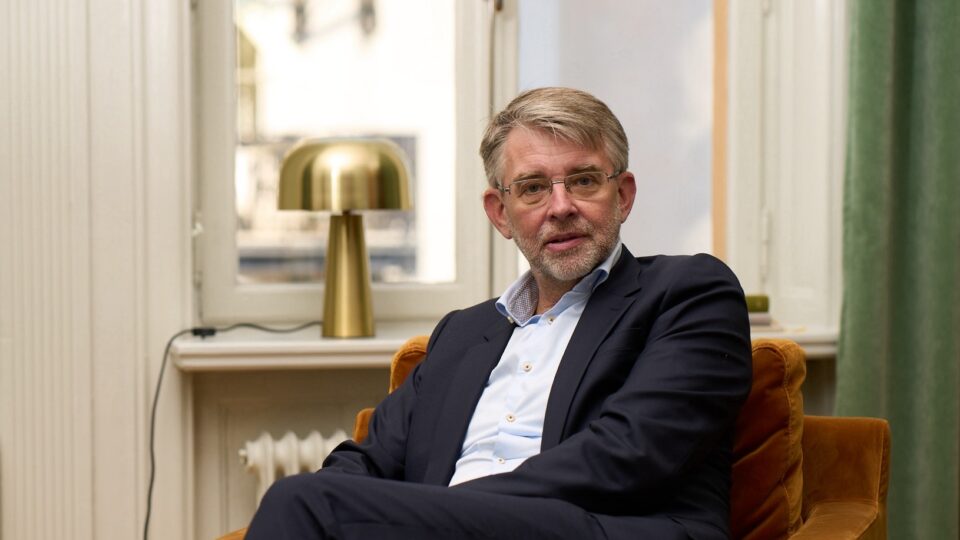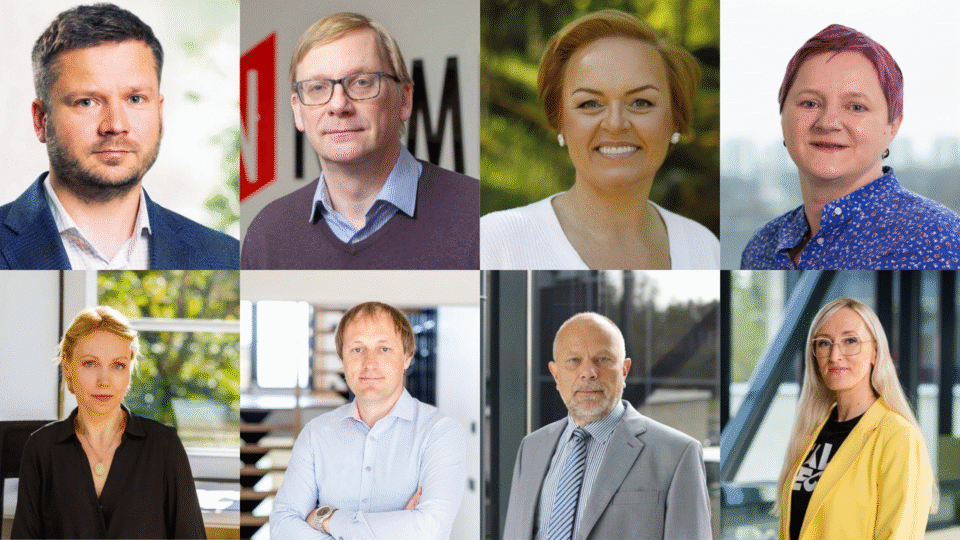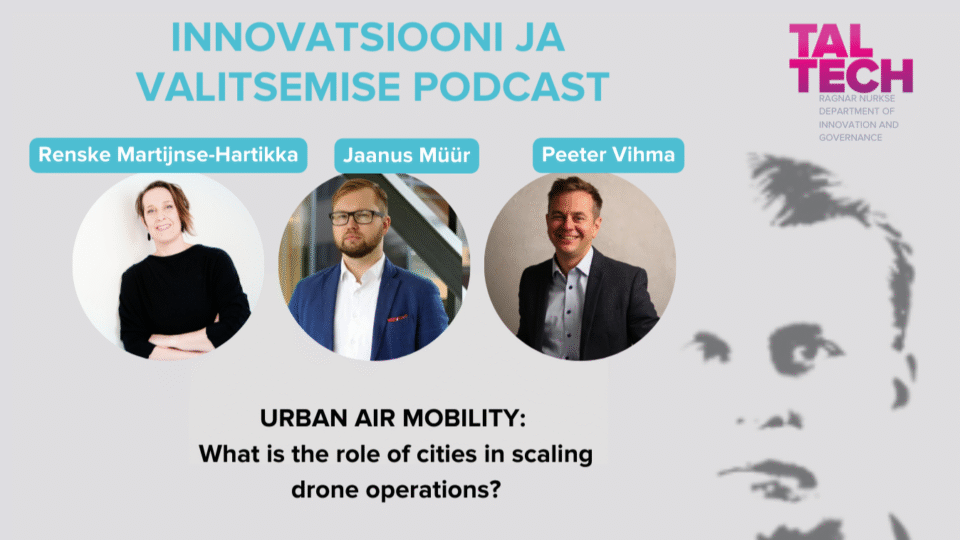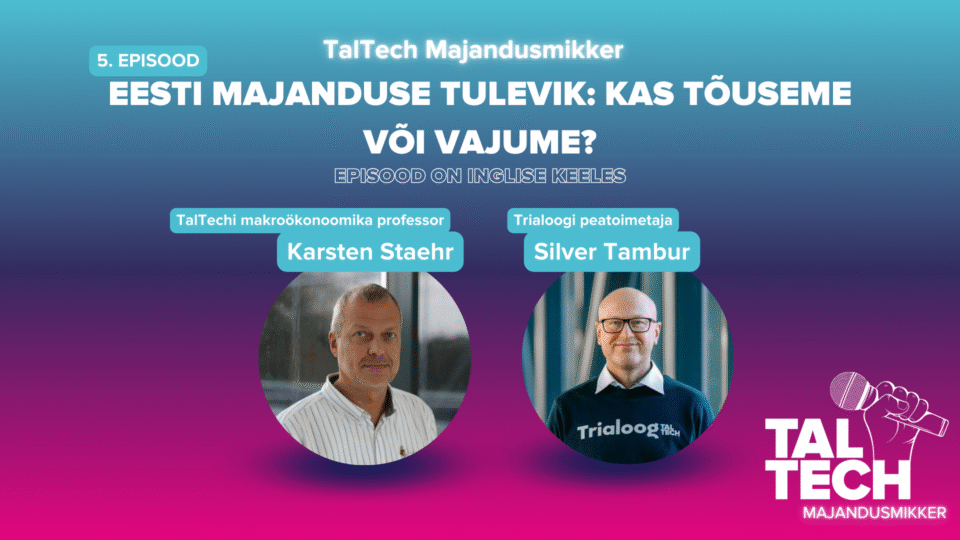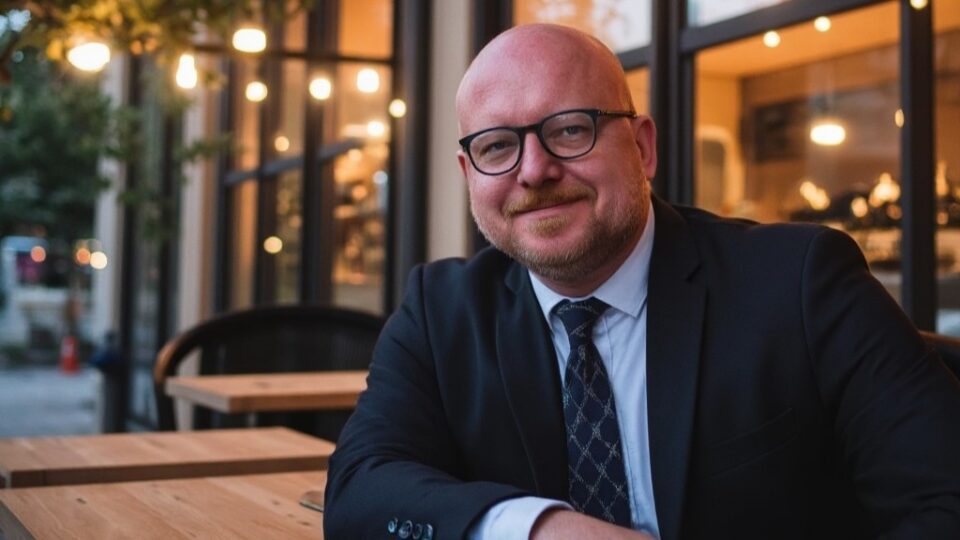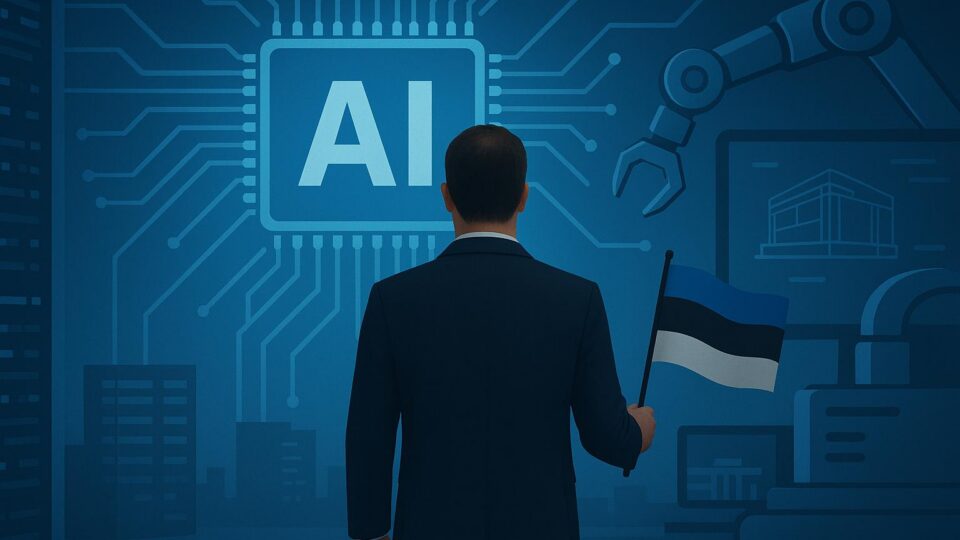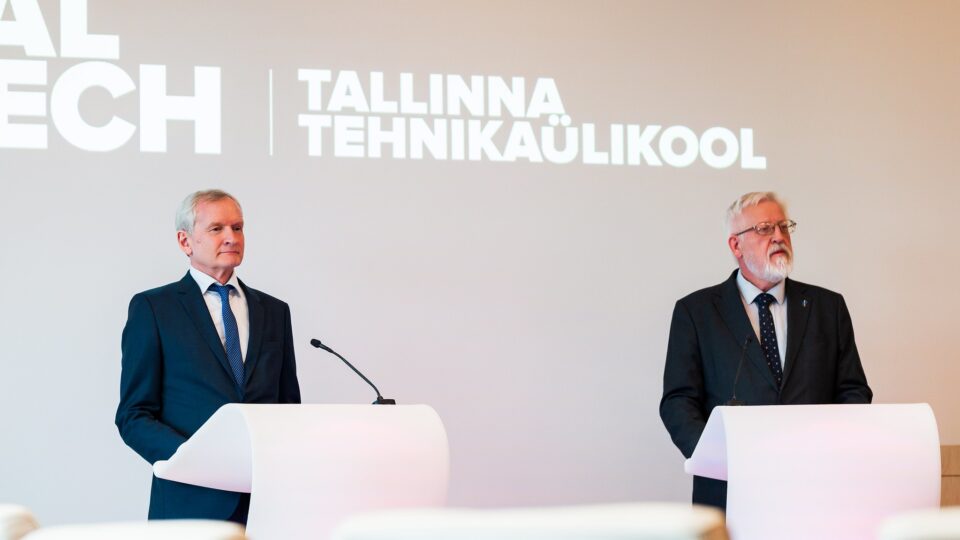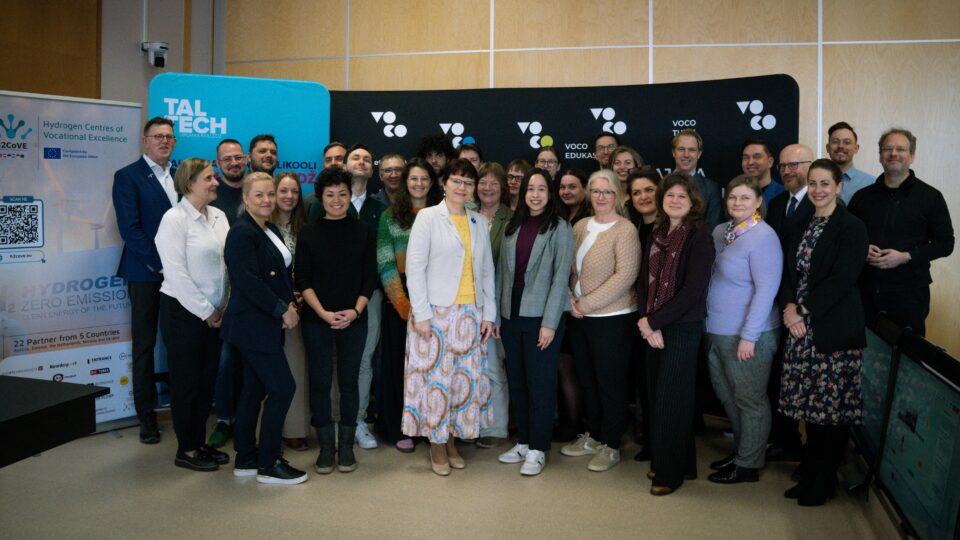Estonia has all the prerequisites to become a leader in the age of artificial intelligence – but this opportunity must not be missed.
future
Technology is no longer just a tool – it’s a force reshaping industries, transforming societies, and challenging our understanding of reality. But with this unprecedented power comes a critical question: are we truly in control of technology, or are we merely at its mercy?
Estonia's future won’t unfold by chance – it depends on knowledge, ideas, and the ability to bring those ideas to life. That's why it's crucial to ask who should shape our future and how.
As drones become an increasingly common sight in urban airspace, what role do cities play in managing and scaling their operations? In this episode of TalTech's "Innovation and Governance" podcast, we turn our attention to the skies above our cities – spaces that are rapidly becoming populated with drones.
According to Professor Ivo Palu, the development of wind energy in Estonia is not hindered by technology but by a lack of societal will – we simply don’t dare to build.
TalTechi majandusteaduskonna taskuhäälingu "Majandusmikker" värskes episoodis vestlevad Eesti majanduse väljavaadetest ülikooli ettevõtlus- ja teadusportaali Trialoog peatoimetaja Silver Tambur ja makroökonoomika professor Karsten Staehr.
The future in which our children will live doesn’t ask if we are ready – it simply arrives, and we must decide what role we leave for humans in it.
As artificial intelligence gathers pace, small states face a stark choice between digital promise and democratic peril.
In May, a new rector will be elected at Tallinn University of Technology. The candidates are the current rector Tiit Land and academician and marine scientist Tarmo Soomere. You can watch the rector candidates' debate live on April 25 at 2:00 PM via Trialoog.
At an international meeting held in Tartu, the development of hydrogen skills gained new momentum – experts, researchers, and entrepreneurs from five countries came together to find solutions for integrating hydrogen technologies into everyday economic and educational systems.
